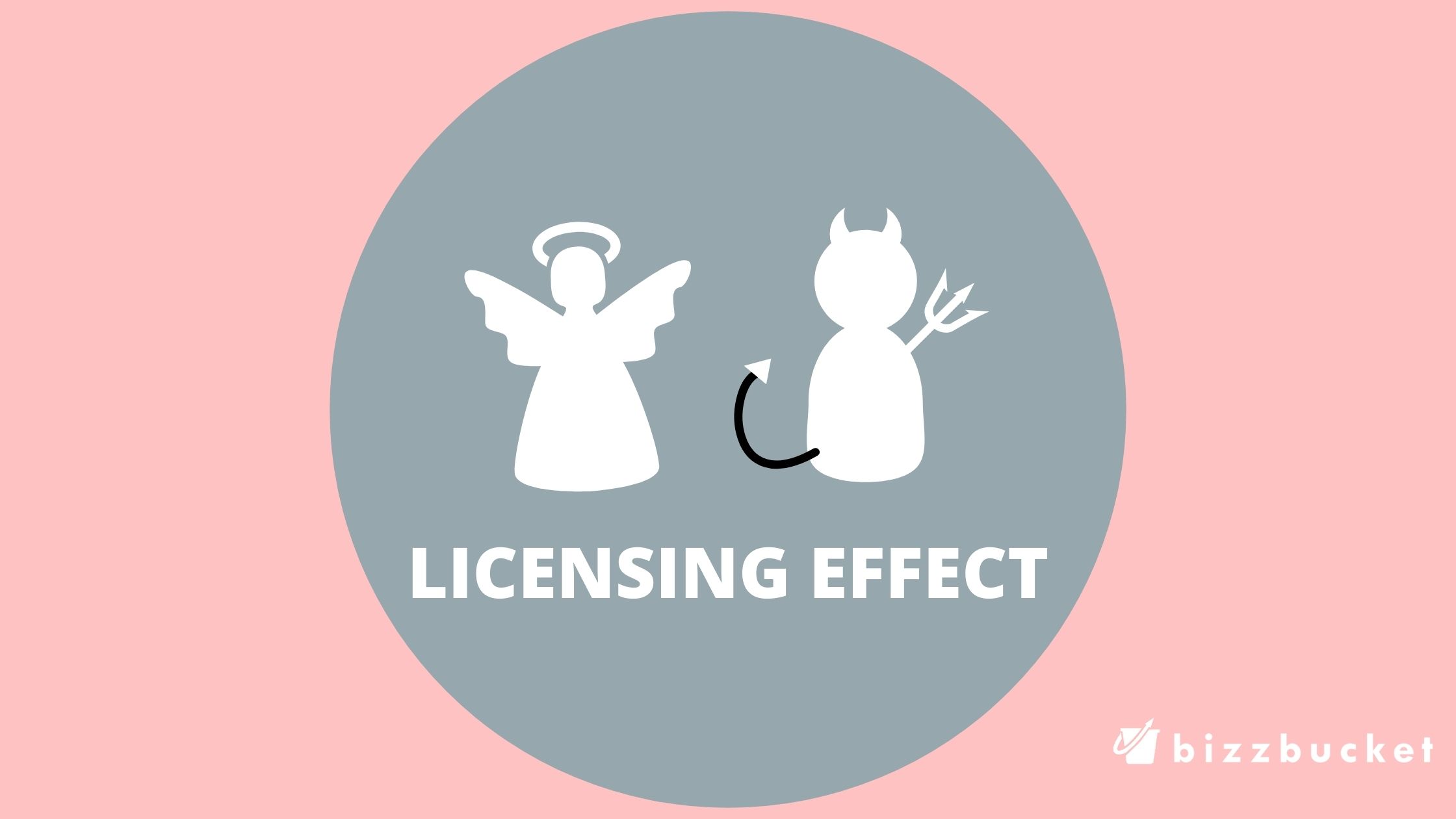
One of the keynote speakers at the European Association for Consumer Research gathering this past year may have appeared like an odd choice. He was neither a successful marketer nor well-known for researching marketing-related topics. He was a morality researcher at Stanford University by the name of Benoit Monin. He discussed his most famous discovery, the “Licensing Effect,” a phenomena that can explain everything from why individuals are so tempted to cheat on their diets to common human duplicity. It turns out that this is a really potent motivator for consumers worldwide.
The Licensing Effect’s fundamental tenet is “I do wrong because I’m good.”
In a well-known 2001 article, Benoit Monin and Dale Miller noted that individuals who had the opportunity to demonstrate their lack of sexism or racism were more likely to act in these manners in the future. For instance, a female experimenter was sent to approach men and ask them to fill out a survey. On an additional initial page, some of the participants were asked to indicate whether they agreed or disagreed with a number of overtly sexist comments, such as “Most women are not really brilliant” and “Most women are better off caring for children.” Naturally, the men were more inclined to disagree with a statement that was more overtly sexist.
Respondents read a description of a small construction company in the main portion of the survey. The description used stereotyped language to imply that men would work there. After that, they were prompted to indicate whether they thought it would be more suitable for the business to recruit a man or a woman. The likelihood that the males would have indicated that a man was a superior candidate for the position increased by at least twofold if they had first been given the chance to express their disagreement with the sexist statements. Because the males had “proven” they were not sexist, they did not experience any moral qualms about perpetuating a sexist stereotype. This is a result of the “Licensing Effect.”
A notable 2009 follow-up study also showed that when white U.S. voters were reminded that they had supported Barack Obama, they were then more inclined to show racial preference. The same paper also found a similar finding for decisions on hiring African Americans.
permission to licence
To put licencing to use, all you have to do is give your clients a moral justification (or morally superior). Brands that are socially conscious in some way should be sure to highlight this by saying, “By purchasing with us, you are doing X good thing!”
As an alternative, you might offer your visitors a free or simple moral decision as soon as they land on your website. Click here for a FREE reusable grocery bag! ), or it could just be an opportunity to demonstrate how moral they are (“Click here to sign our petition to abolish X awful thing!”).
Customers may feel able to indulge a little after making one of these “moral” decisions. They are likely to be more interested in things if they are offered in indulgent or opulent versions now that they feel good about themselves. At this point, LUSH might promote their more opulent (and expensive) bath products.
You should be able to create a “Licensing Effect” as long as you can persuade clients to feel good about their choices or activities. In order to use the “Licensing Effect,” you must first identify (and appeal to) your customers’ values. Additionally, doing this is a terrific opportunity to get to know your clients better and perhaps even assist them in finding solutions to their problems.
If customers feel “good” or moral about themselves, they are more likely to spend money on extravagant or luxurious products.
If customers believe they have acted morally or in accordance with their ideals, they will feel “good” about themselves. This could be anything from giving to charities to purchasing green products.
It is unusual for a discovery from the study of morals to translate into behavioural economics with such clarity as The Licensing Effect does. Be on the lookout for it in both your own daily habits and those of your consumers.
